Trusted by leading companies
























We Fix What's Slowing You Down
Deadlines slipping.
Burn rate rising.
Talent pipeline dry.
Compliance breathing down your neck.
Codebase aging faster than your roadmap.
We don't add bureaucracy — we add velocity.

Three Paths to Acceleration
FastTrack™
Rapid MVP development from idea to working prototype in 1 month
From idea to working POC or MVP, accelerated with AI-enabled engineering.
Discover
Align on problem, users, and success criteria.
Design
Product scope, architecture, and UX shaped with AI acceleration.
Build
Engineers build real code using AI-assisted development.
Validate
Test with users, refine flows, and confirm feasibility.
Deliver
Production-ready POC or MVP, ready to run and evolve.
Outcome: Working POC or MVP with real code.
Timeline: 1 month.
Evolution Track™
Legacy system modernization and continuous delivery improvement
Evolve without downtime. Modernize without rebuild.
Assess
Identify bottlenecks with AI diagnostics.
Integrate
Luby squads plug into your current stack.
Augment
AI copilots improve testing, code & delivery.
Optimize
Incremental modernization, no big bang.
Scale
Continuous evolution and performance monitoring.
Outcome: Faster releases, lower risk, better performance.
Timeline: 2–4 weeks to impact.
Firepower Track™
Pre-vetted AI-ready engineers deployed to your team in 7 days
No interviews. No delays. Just top-tier AI engineers ready to ship.
Define
Tell us what you need (stack, level, timezone, duration).
Select
We handpick AI-first engineers from our certified talent pool.
Verify
Every profile comes with technical vetting, compliance, and background check.
Deploy
Your engineer joins your workflow in days — no setup friction.
Support
A dedicated Customer Success Engineer ensures performance and fit.
Outcome: Senior engineers — AI-ready, fully vetted, zero overhead.
Timeline: 7 days to start.
Why CTOs Trust Luby Firepower™
Technical + compliance screening
Background checks + NDA enforcement
U.S. timezone alignment
AI-proficiency by design — trained in Replit, Copilot, and automated QA
Dedicated success manager for your engagement
Fast onboarding, U.S.-aligned timezone
We know you don't have time for "maybe."
You get the right people, ready to deliver from day one.
AI Development Services From Strategy to Production-Ready Solutions
Our engineers don't compete with AI, they master it to deliver 2x faster.
Every Luby engineer is trained to use AI tools responsibly across the SDLC:
Pair programming with AI
Predictive QA
Accelerated testing
Observability automation
Documentation generation
The result: same code quality, 2x faster delivery, fewer defects, happier teams.
Our Capabilities
From strategy to execution, we deliver end-to-end digital capabilities that help organizations innovate, scale, and transform through custom software development, AI solutions, and cloud-native technologies.
Numbers That Build Trust
Years delivering complex software solutions
Engineers and product specialists
Projects delivered across multiple industries
Clients served globally, including U.S. companies
Software Delivery Across Industries
We design, build, and modernize scalable digital platforms across multiple industries. Our deepest experience is in financial services, where we've delivered complex software for banks, fintechs, payments, and lending companies in the U.S.
Financial Services
Banking, fintech, payments, and lending platforms built for security, scalability, and performance.
What Our Clients Say
"Luby Software has helped us develop our main solution, which is a banking integration for loans and buy now, pay later transactions. Our experience with the whole team involved in my project has been remarkable."

Witoldo Hendrich Junior
CLO, Online IPS
"Their understanding of our vision and their ability to translate that into a functional product is truly impressive."

Rafael Rjeille Cordeiro
CEO, Yangflow
"Everyone is professional, responsive, and flexible. They are open to feedback and continuously improve their process."

Jason Meltzer
CTO & Co-Founder, Papaya
"Luby is an innovative company committed to its projects. I feel confident performing the most challenging tasks with them as a partner."

Wilson Baraban Filho
CTO, Inter&Co
"They became true strategic partners because they understand our business."

Matthew March
CIO, Sunwest Bank
Partnerships & Recognition
AWS Partner
Google Cloud Partner
Clutch Top Company
AFT Member
Trusted by leading technology partners and recognized for excellence in software delivery.
Your next milestone
depends on speed.
Choose how you get there:
Articles & Insights
Perspectives on engineering, AI, and digital transformation from our team.
Let's Build Something Great
Share your challenge — we'll respond with a custom acceleration plan within 24 hours.


